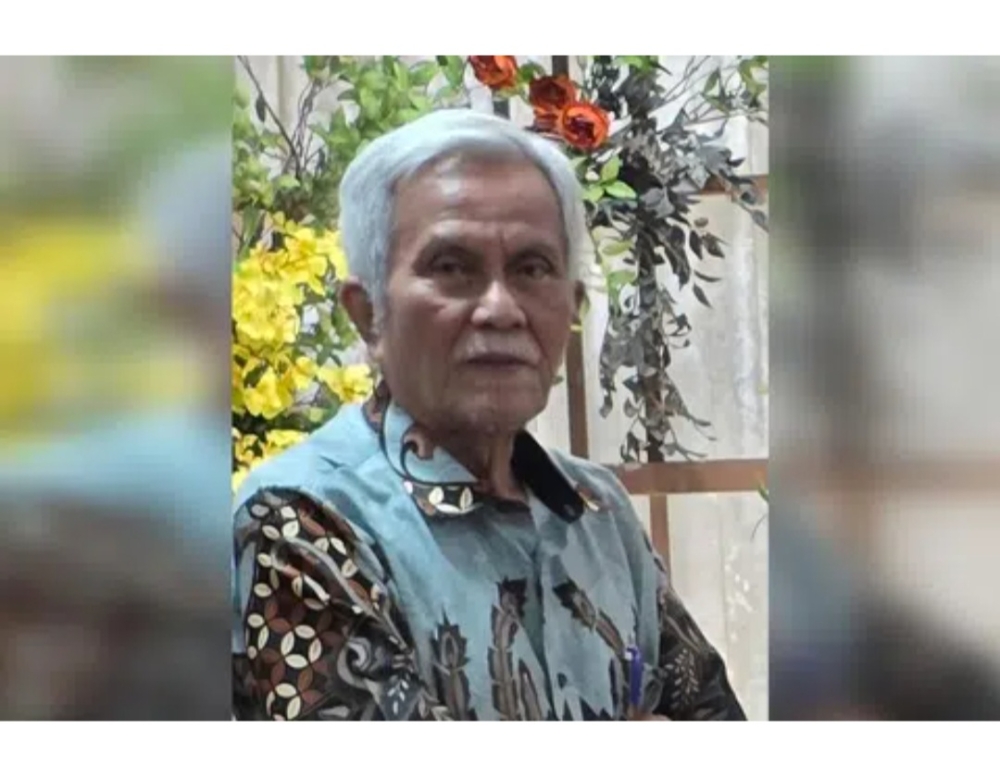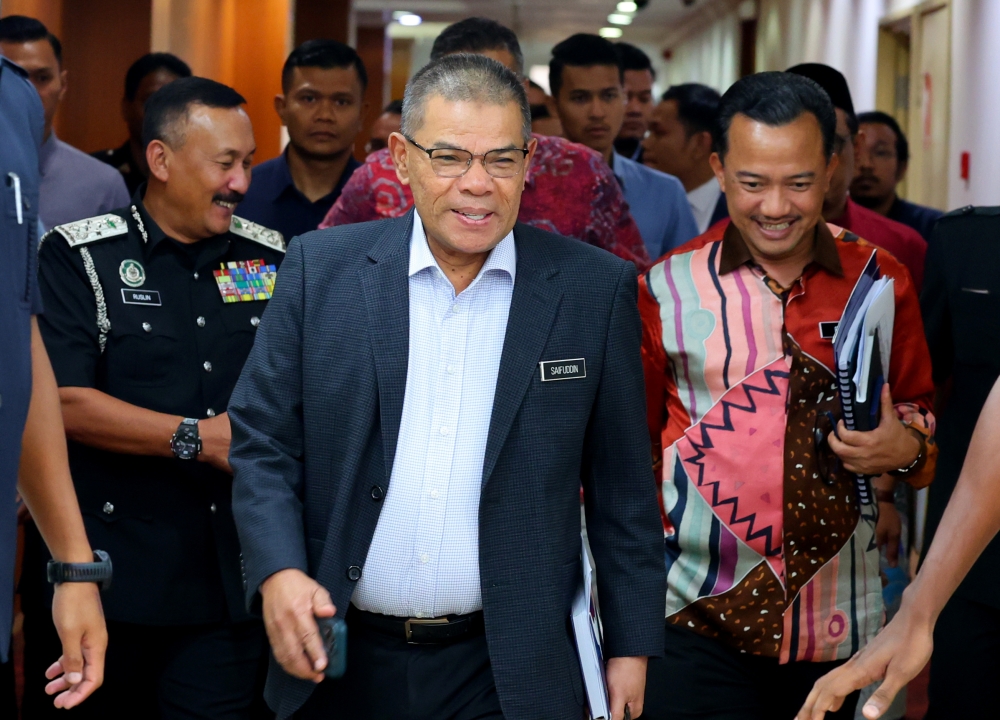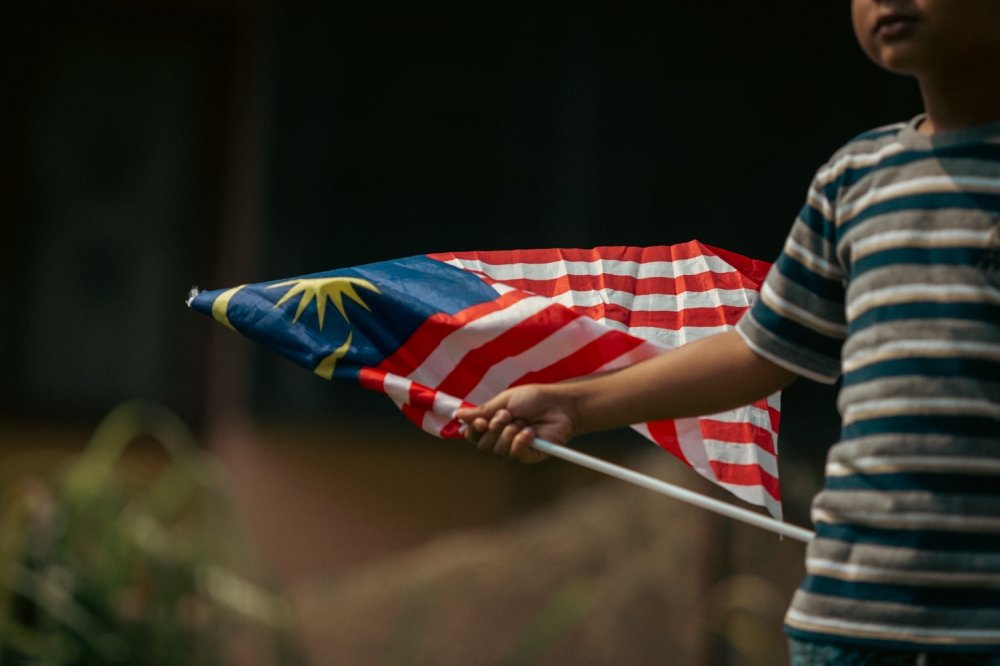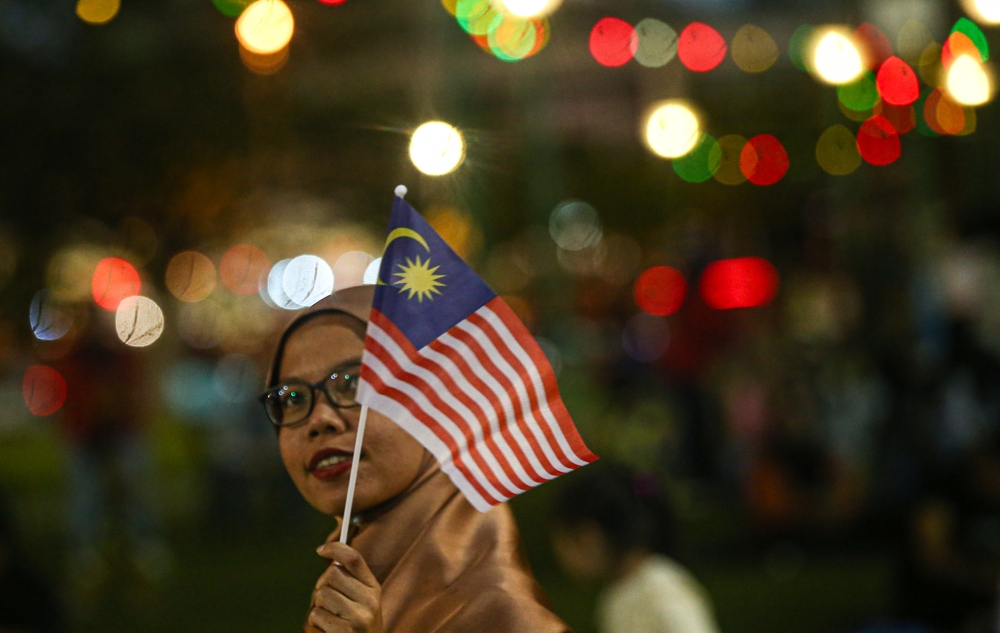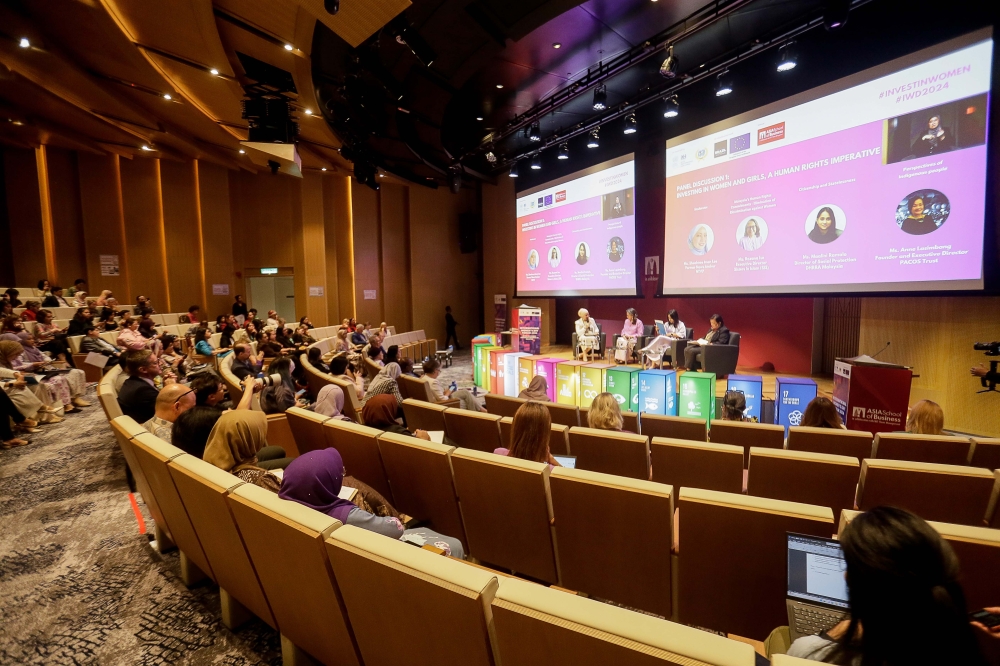PUTRAJAYA, March 8 — Home Minister Datuk Seri Saifuddin Nasution Ismail today said the Cabinet has agreed to the tabling of the constitutional amendment to Malaysia’s citizenship law that could hamper some stateless children from becoming Malaysian.
The controversial proposal would, among others, require proof that foundlings were born in Malaysia before their citizenship application could be submitted.
“Cabinet has given full approval.
“I will continue with the next step such as explanatory sessions, I will continue the engagement with distinguished individuals, civil society and parliamentarians,” he said here, today.
The home minister said he has met with the parliamentary select committee on human rights, and women, and children as well as Opposition MPs discussing the proposed constitutional amendment.
Saifuddin further said that citizenship applications under Article 15A for stateless persons have a 98 per cent success rate and pledged to resolve the remaining 14,000 applications by December 31 this year.
Article 15A provides the government special powers to register persons under 21 years of age as citizens.
Last year, 11,500 citizenship applications under Section 19B, Part III, Second Schedule of the Federal Constitution were resolved, the minister said.
The proposed amendment will change citizenship by “operation of law” to citizenship by “registration”.
The effect of this amendment would be that foundlings and abandoned children will no longer be entitled to automatic citizenship.
However, various non-governmental organisations (NGOs) have expressed apprehension regarding the proposed amendments, saying they might eliminate existing safeguards for stateless children.
Experts have warned that the amendments could exacerbate the issue of statelessness among children in the country.
The suggested amendments, if enacted, would, among other things, subject abandoned children to discretionary citizenship, placing the responsibility on the children to prove their parentage.
The amendment would also come against the backdrop of discrimination against Malaysian women with foreign spouses, whose children born outside Malaysia do not enjoy automatic citizenship unlike those of Malaysian men with foreign wives.















